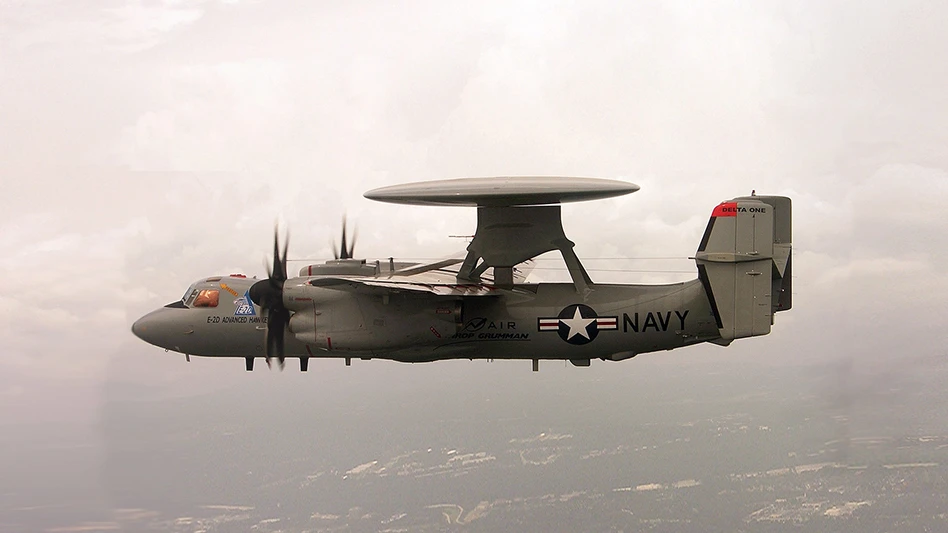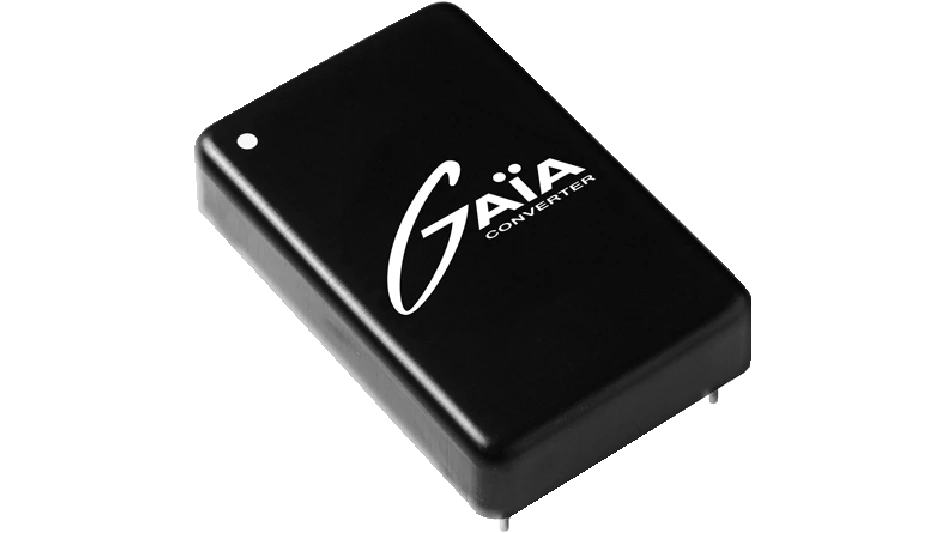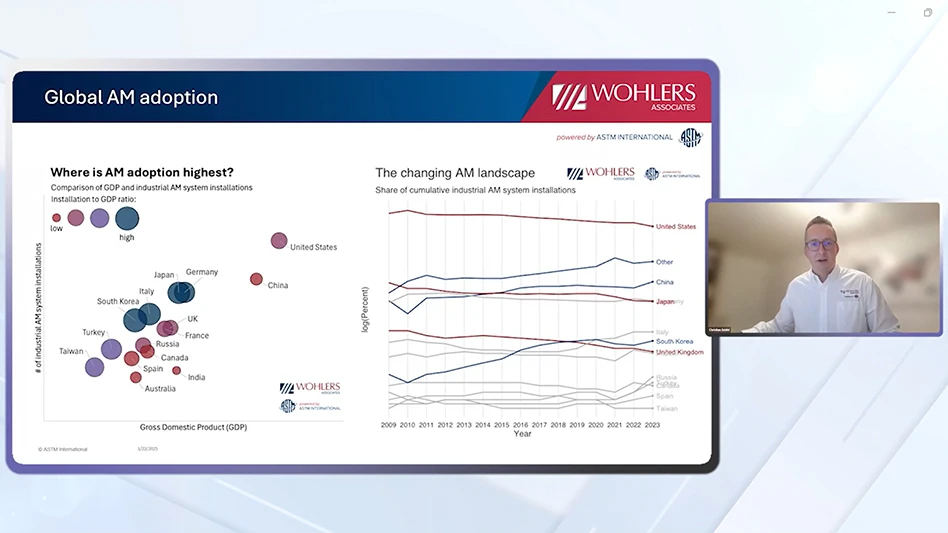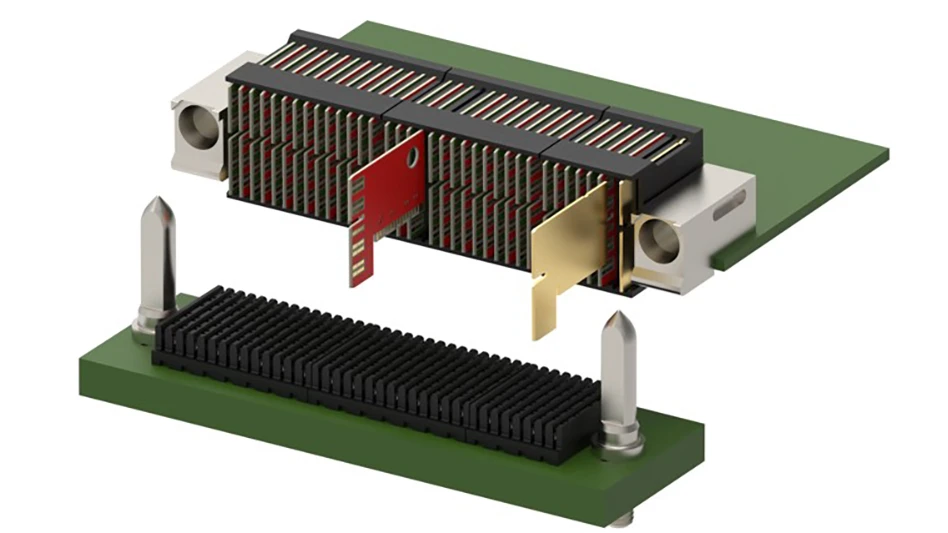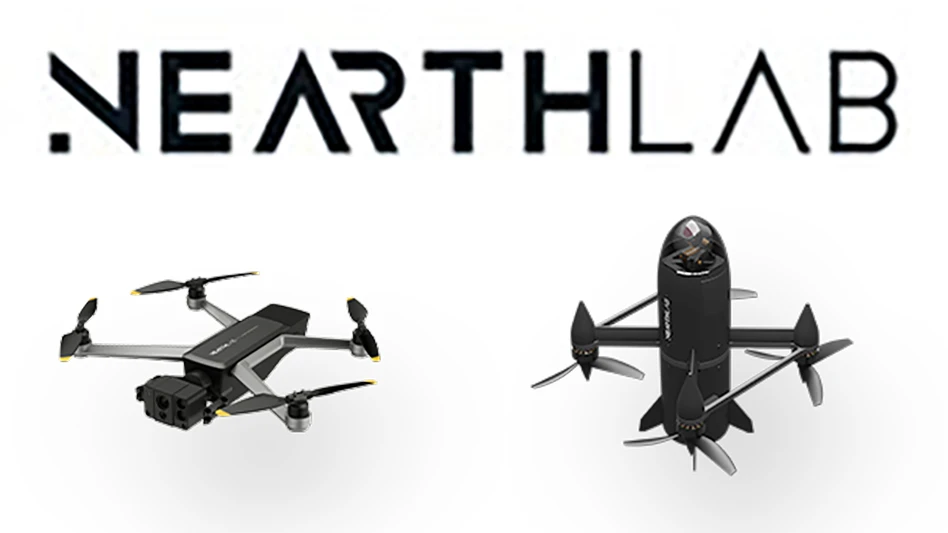
Nearthlab
Nearthlab, a leading provider of autonomous drone solutions, has won the Robotics and Aerial Integration for Defense (RAID) Challenge in the tactical UAV category. Hosted by the Ministry of National Defense of Korea, the challenge evaluates the military potential of drone technology and provides a pathway for high-performing drones to be considered for military procurement. Nearthlab stood out for its expertise in combat and swarm operations.
The competition assessed drones in two areas: their ability to track and neutralize a fixed-wing target over a 1km distance, and the effectiveness of swarm operations, in which a single operator managed at least five drones working together to identify and engage a target.
Nearthlab's KAiDEN, a high-speed kinetic interceptor drone, reached a top speed of 150mph (250km/h) as it closed in on a target equipped with obstacle avoidance technology. Guided by advanced autopilot algorithms, KAiDEN executed precise maneuvers to track the target even as it engaged in sudden evasive attempts. The demonstration highlighted KAiDEN's ability to carry out all necessary actions to neutralize the target with speed and precision. Meanwhile, Nearthlab's autonomous drone, AiDEN, excelled in swarm operations, seamlessly coordinating with other drones to locate targets and enable KAiDEN to deliver the final blow.
"Drones are rapidly becoming a cornerstone of modern warfare," says Jay Choi, co-founder and CEO of Nearthlab. "This competition was a great opportunity to showcase what our drones can do, and we're excited about the role technologies like AiDEN and KAiDEN could play in shaping the future of defense."
This year's RAID Challenge introduced the tactical UAV category for the first time, highlighting the growing importance of drones in military operations. Prize money for the category was also doubled, acknowledging the technical sophistication required in this rapidly evolving field.
Latest from Defense and Munitions
- Mastercam strengthens leadership team
- Fairbanks Morse Defense awarded POs for mission critical equipment for TAGOS-25 vessels
- Guyson's TR-1000 Custom Vertical Blast System
- Hive Systems launches Defense Solutions business line, names Katie Dodson as president
- South 8 awarded $1.6M U.S. Army contract to prototype military battery packs for extreme climates
- What you need to know about CMMC requirements
- Greg Haley appointed President of Americas Region at Fastems LLC
- Raytheon awarded $946 million contract to provide Patriot air defense systems to Romania

